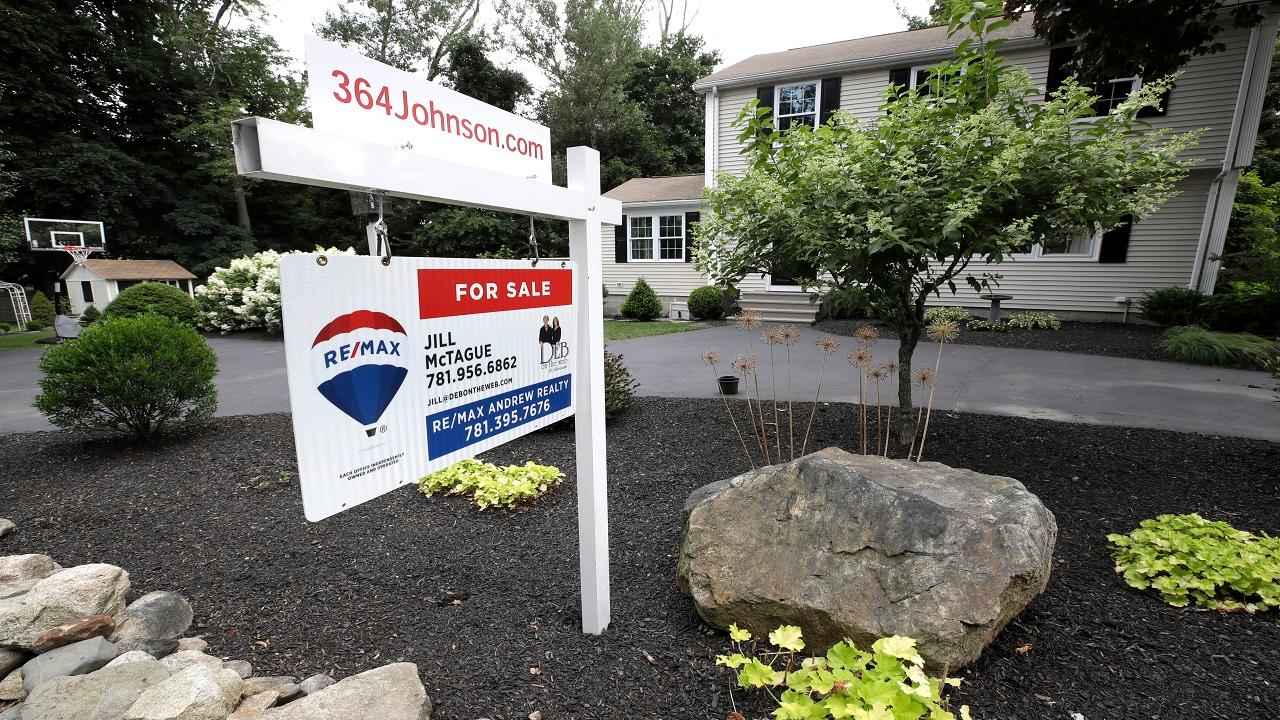Coronavirus financial distress causes surge in Americans putting off mortgage payments
Number of loans in forbearance increased to 2.66% from 0.25%
Get all the latest news on coronavirus and https://bitly.com/more delivered daily to your inbox. Sign up here.
Many Americans experiencing financial distress from the ongoing coronavirus pandemic are taking advantage of available relief measures, including a number of people who have put a pause on making mortgage payments.
According to new data from the Mortgage Bankers Association, the total number of loans in forbearance increased to 2.66 percent from 0.25 percent between March 2 and April 1. Forbearance requests grew by 1,270 percent during the first half of March – and another 1,896 percent during the latter half of the month.
Forbearance is when a lender allows you to pause or temporarily reduce mortgage payments with the expectation that you will repay everything back in full over time.
CORONAVIRUS LEADS TARGET TO SUPPLY ALL EMPLOYEES WITH MASKS, GLOVES FOR WORK
The surge is not surprising. Part of the multitrillion-dollar stimulus package passed by lawmakers last week called for lenders, including Fannie and Freddie, to allow people to put their payments on hold if they are experiencing coronavirus-related financial difficulties.
However, the surge in forbearance requests could put pressure on the industry.
“It is expected that requests will continue to skyrocket at an unsustainable pace in the coming weeks, putting insurmountable cash flow constraints on many servicers - especially IMBs [independent mortgage banks]," Mike Fratantoni, MBA's senior vice president and chief economist, said in a statement.
CORONAVIRUS PROMPTS TRUCKERS TO ASK TRUMP FOR HELP AS CHALLENGES MOUNT, DEMAND CLIMBS
And it could put pressure on individuals down the line when it comes time to make up the missed payments.
“It is important for the consumer to discuss with their bank what the repayment program will look like so they can make an informed decision,” Garrett Derderian, managing director of market analysis at CORE, told FOX Business.
Derderian noted that repayment could take the form of a lump sum in some cases, which may be challenging for people.
And depending on how long current coronavirus-related social distancing and business protections are in place, the consequences on the industry could deepen.
“Should the economic standstill stretch past the summer months, there will be greater implications on the servicer side, who still have to pay mortgage bond holders,” Derderian said. “An additional consequence is that it may be harder for new borrowers or those looking to refinance to do so. That is especially consequential now given rates are at record lows.”
Lawrence Yun, chief economist and senior vice president at the National Association of Realtors, told FOX Business the squeeze put on mortgage servicers would likely be temporary. Both Yun and Derderian said the government would likely have to step in to pay servicers in order to shore up liquidity.
CLICK HERE TO READ MORE ON FOX BUSINESS
On the plus side, the forbearance policy could position the market for a quicker rebound once the economic situation normalizes.
“Less foreclosures assure stable home prices and a much better position for the economy to return back to normal after the pandemic,” Yun said.
However, those who can continue making regular payments should do so, advised Yun.
“The missed payments are not forgiveness but are tacked on at the other side of the life of the loan,” Yun said. “Or if needing to sell a home in the near future, then there is less equity by the amount of the missed payments. So it is an honor system but also honorable to keep paying if not impacted from the pandemic.”




















